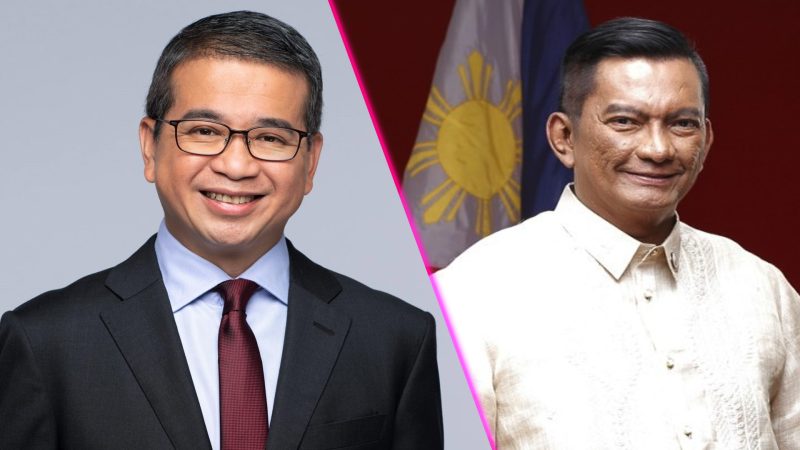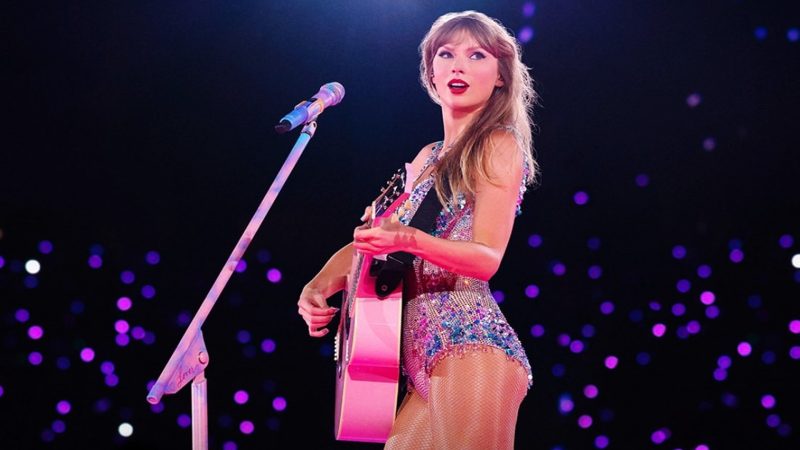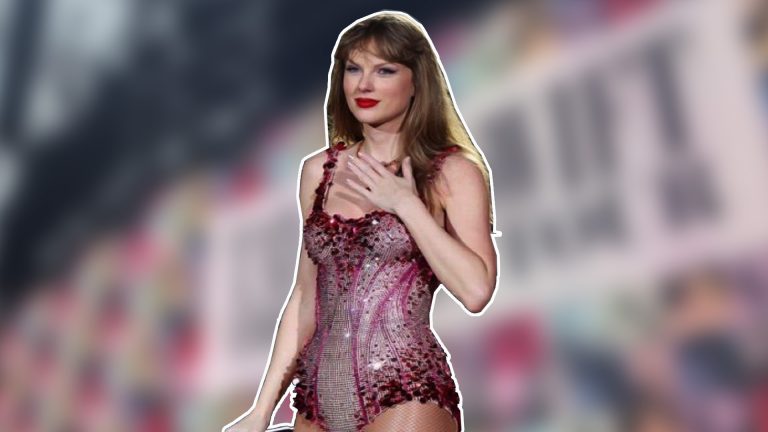In the midst of Taylor Swift‘s sold-out, hyper- successful six-show run as part of The Eras Tour in Singapore, controversy swirls as neighboring countries expressed their displeasure over the exclusivity deal inked by the city-state.
Taylor Swift, the globally renowned 34-year-old singer-songwriter, is no stranger to controversies. Just recently, the pop star was the subject of scandalous artificial intelligence (AI) generated NSFW images that spread on social media. While that remains unresolved, a new issue has arisen, this time regarding allegations of an underhanded tactic employed by Singapore’s government.
Swift is reportedly earning a staggering $3 million per show in Singapore. However, the exclusivity clause that prevented her from performing elsewhere in Southeast Asia has raised eyebrows and prompted criticism from regional leaders.
It’s Day 1 of 6 of Taylor Swift | The Eras Tour in 🇸🇬! 💙 #SingaporeTSTheErasTour #TSTheErasTour
📸: TAS pic.twitter.com/Km3mBCfq7X
— The Eras Tour (@TSTheErasTour) March 1, 2024
Despite criticisms from leaders in the Philippines and Thailand, Singapore’s Minister for Culture, Community, and Youth Edwin Tong defends the grant awarded for the concerts, emphasizing the substantial economic gains and broader cultural impact.
The contentious deal orchestrated by Singaporean authorities aimed to position the island nation as the sole Southeast Asian stop on Swift’s tour, sparking discontent among neighboring countries – Swift is a magnetic name surely to move the needle on tourism.
In response to concerns, Minister Edwin Tong addressed the issue in Parliament on March 4, highlighting the significant economic benefits that outweigh the undisclosed grant size provided to the concert promoter by the Singapore Tourism Board (STB).

Amidst calls for transparency regarding the grant, Minister Tong cited business confidentiality constraints but assured parliament members that the economic impact on Singapore is substantial… which we don’t see alleviating the concerns of representatives from other countries, but go off I guess.
Hotels and airlines in the city-state have reported a 30% surge in demand for flights and accommodation around the concert dates, indicating the tour’s positive influence on local businesses and tourism.
The controversy has reached the international stage, with the Prime Minister of Thailand, Srettha Thavisin, applauding Singapore’s strategic move while expressing regret that Swift did not opt to perform in Thailand. In contrast, Filipino politician Joey Salceda has condemned the exclusivity deal, characterizing it as a betrayal and calling for a protest against the grant awarded to Swift.
Despite the criticism, Singapore is poised to reap significant economic rewards. Industry experts predict that the Taylor Swift: The Eras Tour could generate close to $400 million in tourism receipts for the country. The six sold-out nights at the 55,000-seat National Stadium this month indicate the immense popularity of Swift’s concerts and their positive impact on the local economy.
Questions regarding confidentiality clauses in the contract with Taylor Swift’s team were raised, prompting Minister Tong to affirm the existence of such agreements and the government’s commitment to assess any breaches. Workers’ Party MP Gerald Giam questioned the use of taxpayer-funded grants to attract artists like Swift to Singapore, a destination already considered appealing.
Prime Minister Thavisin disclosed that Singapore allegedly offered Swift up to $3 million per show for exclusivity, a claim seemingly supported by reports of subsidies provided by the Singapore government.
However, conflicting figures suggest the total grant for all six concerts is between $2 million and $3 million. With Taylor Swift: The Eras Tour VIP tickets priced at S$1,228 (AUD$1,395) and still selling out, recouping that grant is not going to be an issue.

Minister Tong justified the grants, emphasizing their role in positioning Singapore as a cultural hub capable of hosting diverse arts, music, and cultural events. Acknowledging the intense regional competition for such concerts, Minister Tong stressed the importance of ongoing investment in infrastructure and resources to continue attracting entertainment and lifestyle events.
On that note, reports indicate that Minister Tong personally led a multi-agency team from Singapore on an exploratory trip to the United States in February 2023, resulting in securing the six-show run at the National Stadium. This initiative is expected to significantly benefit Singapore’s economy, particularly in tourism-related activities such as hospitality, retail, travel, and dining.
However, this situation does shed a negative light on Singapore’s lack of consideration for its SEA neighbors, particularly with Taylor Swift being one of the Universal Music Group (UMG) contract stars who are no longer licensed with the popular TikTok platform. Swift’s fans (aka Swifties) in the region already feel deprived of their idol’s presence.
The controversy surrounding the Taylor Swift: The Eras tour and Singapore’s exclusivity deal raises broader questions about the intersection of entertainment, diplomacy, and economic strategy in the region. Will this lucrative move bolster Singapore’s reputation as a cultural hub, or will it foster diplomatic “bad blood” with neighboring countries?

